You have learned about narcissism from one of the many resources on the internet, had someone you know talk about it, or perhaps explored the concept during counseling or therapy. If you have been involved in a dysfunctional (dare I say toxic) relationship or been witness to one, chances are you have heard the term narcissist and the term co-dependent used to describe certain behaviors and certain personality types.
The DSM V is the diagnostic manual produced by the American Psychiatric Association and is the standard by which psychological disorders are diagnosed and it summarizes the narcissistic personality disorder (NPD) as “a pattern of grandiosity, need for admiration, and lack of empathy”. Whether or not someone is diagnosed, or diagnosable, with NPD they may display self-centeredness which is really a cover for fears of people seeing their imperfections or flaws. These imperfections and flaws go back to early traumas in their life and how they may have compensated to survive the trauma.
Truth be told our personalities vary on a continuum which means we may have certain traits at certain times under certain conditions. What creates a disorder is when these traits are persistent and inflexible, when they cause the person problems, and when important life functions are adversely impacted.
Being in relationship with someone is an important life function. Love, intimacy, and companionship are important basic needs. If you are in a bad relationship and you feel like you might be stuck on a crazy-making merry-go-round you may be involved with someone who has several of the behaviors of someone with NPD and they may be trying to convince you that you are the problem.
The longer you are in the relationship the more you might feel something is wrong with you as you continually try to change yourself to keep the peace. Eventually you might even feel as though you have lost yourself, you might feel brain fog all the time, and the frustration you have been burying may be coming out when you least want it to.
One of the worst things is that you might feel like you are all alone and are the only person who has ever experienced these problems. Clearly, that is what your partner wants you to feel.
They need you to be this way to feed their need to feel superior and in control.
You are not alone and what you are going through is not your fault. Talk to a trusted friend, seek help from a counselor, educate yourself on what you can do to protect yourself from further harm.
The ANTICS book is a great resource to learn about dysfunctional relationships and to realize that you are not alone. There is a path to healing that you can put yourself on. You can reclaim your life, your power, and yourself.
Meet Carence and Narcy in the ANTICS book and begin your healing journey.
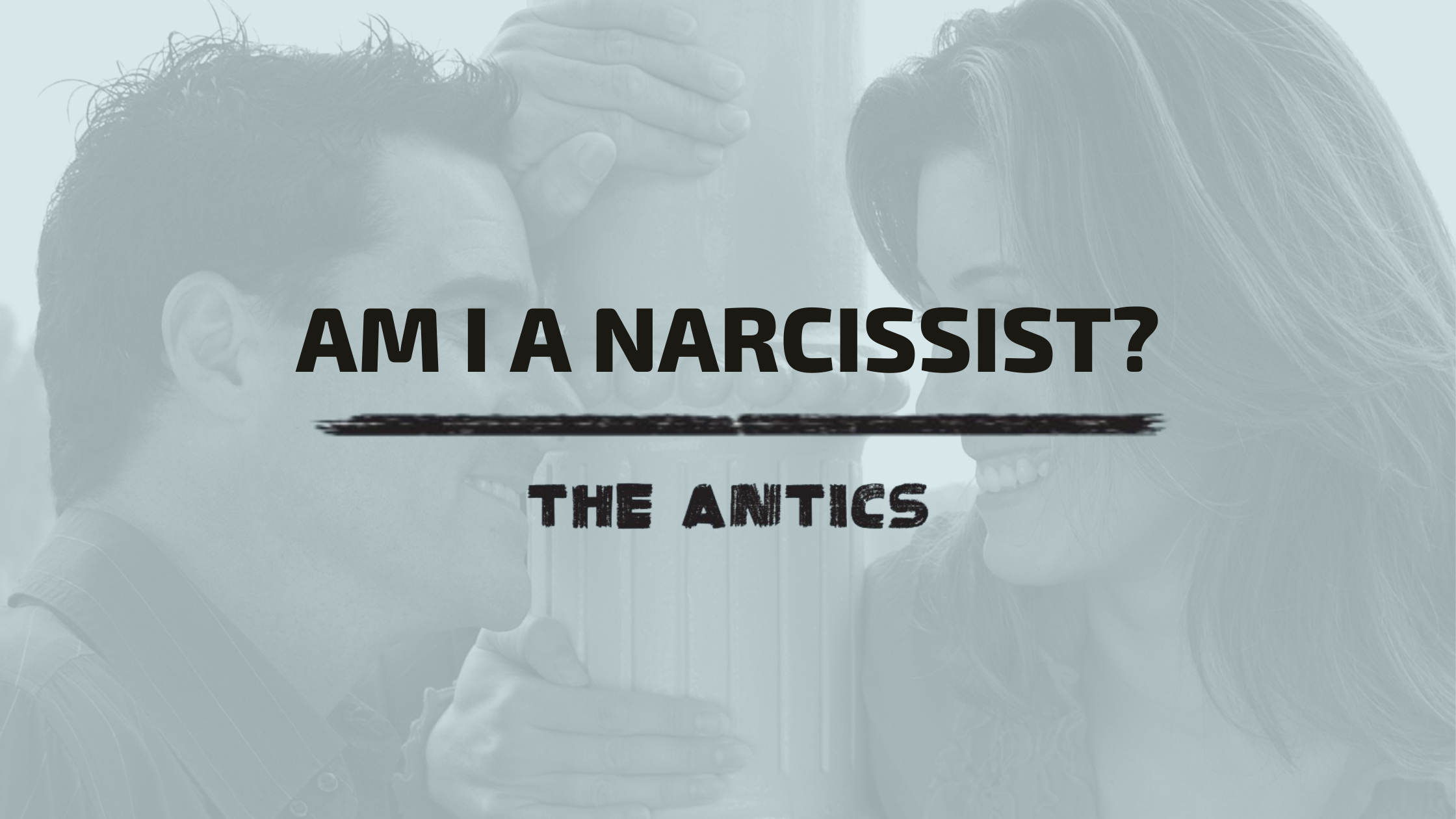
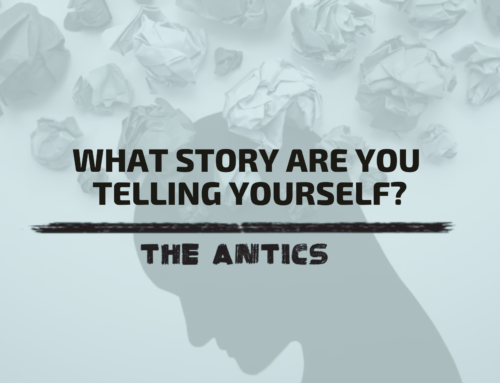
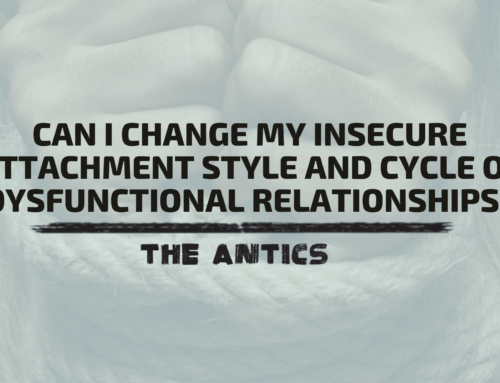
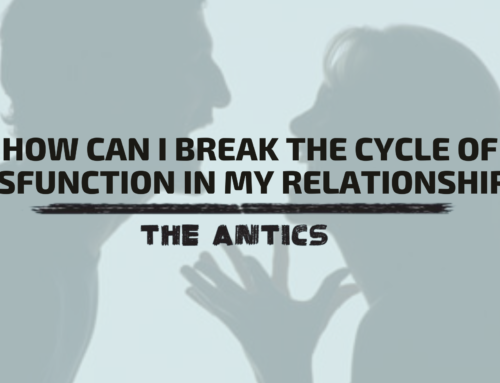
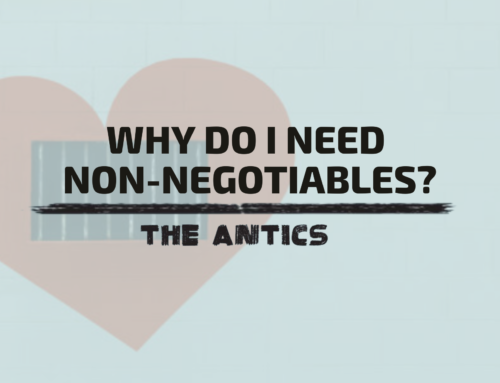
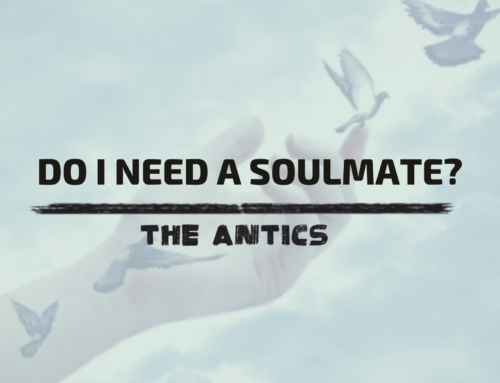
Leave A Comment